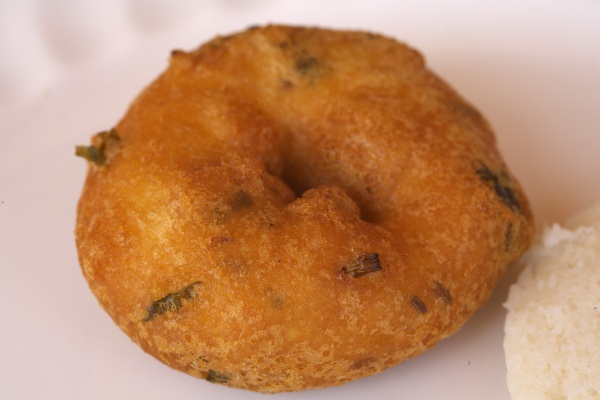Facts About Vada
Vada: A Delicious Indian Snack with a Rich History
Vada, a beloved savory fried snack from India, comes in many delightful forms. Whether you refer to them as fritters, cutlets, doughnuts, or dumplings, vadas are a treat enjoyed by many. Known by various names like wada, vade, vadai, wadeh, and bara, these snacks are crafted from diverse ingredients such as legumes and potatoes. For instance, medu vada originates from South India, while batata vada is a favorite in the western part of the country. Typically, vadas are enjoyed as breakfast items or snacks, and they also feature in dishes like dahi vada and vada pav.
The history of vadas extends far back in time, with mentions in ancient texts like "Manasollasa" and early literature from Bihar and Uttar Pradesh. As people from these regions migrated, they brought vada with them, incorporating it into the culinary traditions of countries like Trinidad and Tobago, Guyana, Suriname, South Africa, Mauritius, and Fiji. In Trinidad and Tobago, for example, bara—a type of vada—has become an essential component of the popular street food known as doubles.
Vadas can be made from a variety of ingredients, including legumes, sago, and potatoes. Common legumes used are pigeon pea, chickpea, black gram, and green gram, often mixed with various vegetables. The preparation process involves soaking, grinding, seasoning, shaping, and deep-frying the mixture to achieve a crispy exterior and a fluffy interior. They are best enjoyed hot and crunchy, often accompanied by dips such as sambar, chutneys, and yogurt.
There are countless varieties of vadas, each with its own unique ingredients and preparation methods. Some popular types include medu vada, masala vada, Maddur vade, ambode, mosaru vade, eerulli bajji, rava vada, bonda, sabudana vada, thavala vada, keerai vada, batata vada, keema vada, vada curry, bhajani cha vada, and doubles. Each variety caters to different tastes and preferences, making vadas a versatile snack or side dish that pairs well with main courses like dosa, idli, or pongal.

 Pakistan
Pakistan